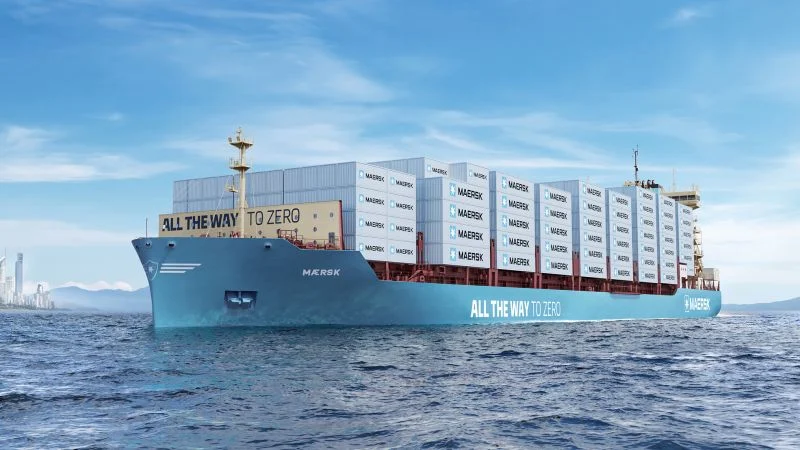
Ocean carriers increase schedule reliability, Maersk ahead of competitors
COPENHAGEN : The ocean carriers’ global schedule reliability increased sharply by 7.7% month-to-month in February 2023, reaching 60.2%, according to Sea Intelligence.

On a year-to-year level, schedule reliability has marked a staggering 26% rise. At the same time, the average delay for late vessel arrivals decreased by 0.07 days month-to-month in February reaching 5.29 days, while it is down 2.30 days year-to-year.
In relative terms, the average delay for late vessel arrivals is now closer to the 2019 level than to the highs of 2021-2022.

Meanwhile, Maersk was the most reliable top-14 carrier in February with a score of 64.9%, followed by MSC with 64.4%. Hamburg Süd was the third carrier with a reliability score of over 60%.
In addition, the remaining carriers all had a schedule reliability score between 50% and 60%. ZIM was in the last position in February 2023 with a schedule reliability score of 52% despite its significant improvement.
“All top-14 carriers recorded a month-to-month increase in schedule reliability in February 2023, with PIL, ZIM, and Wan Hai all recording double-digit improvements,” noted Alan Murphy, CEO of Sea-Intelligence.
On a year-to-year level, all carriers recorded double-digit improvements in schedule reliability in February 2023, with Wan Hai recording the largest growth of 36.2%.


